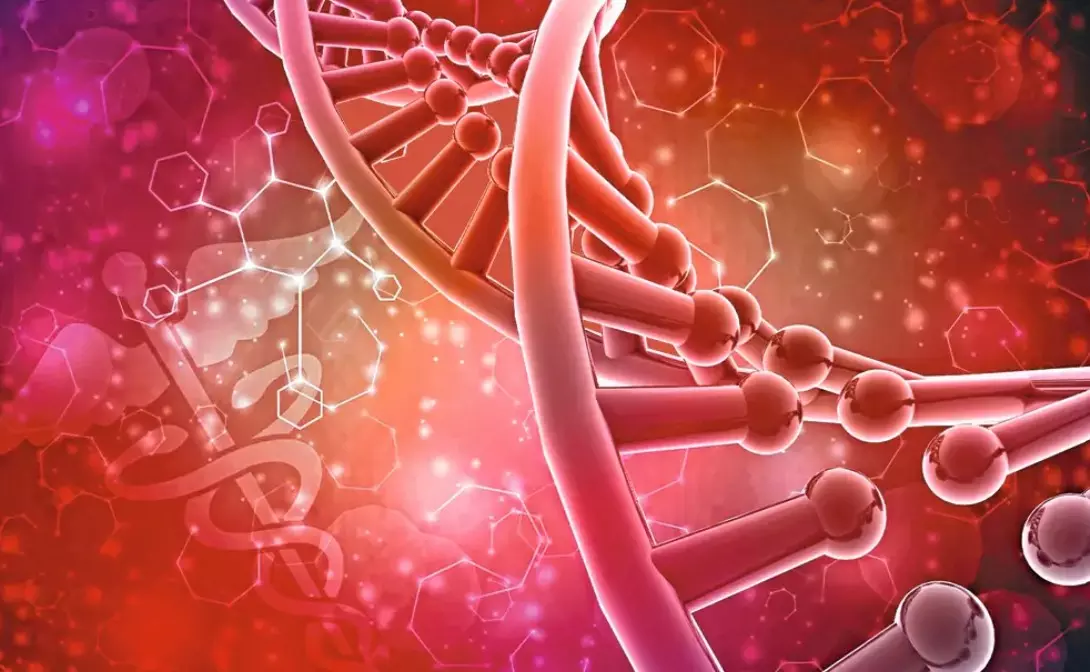Everyone’s Talking About Hormones
From fatigue to fertility, mood swings to metabolism—your hormones may be running the show, and people are finally paying attention

Hormonal health has officially entered the cultural zeitgeist. Once confined to whispered conversations or misunderstood as a “women’s issue”, hormones are now front and centre in medical clinics, podcasts, and even TikTok feeds. The renewed interest isn’t just a passing trend—it’s a response to the growing realization that hormones influence almost every aspect of our lives, from how we sleep to how we age, how we gain weight, and how we feel on a daily basis. Modern life, with its high stress, poor sleep hygiene, and processed diets, is disrupting the delicate endocrine balance that our bodies strive to maintain. And as people search for answers to symptoms that don’t always show up on routine tests—chronic fatigue, low libido, irritability, or persistent weight gain—they’re finding a common denominator: hormones.
Health Watch
Hormones are the body’s chemical messengers. Produced by glands like the thyroid, adrenals, ovaries, and testes, they regulate key functions including growth, metabolism, reproduction, and mood. When these chemical messengers go awry, the consequences can be subtle yet life-altering.
“Hormones are the key for our transition from childhood to adulthood,” says Dr. Vaishali Joshi, senior Obstetrician and Gynaecologist at Kokilaben Ambani Hospital. “In a healthy woman, hormones follow a normal cycle. But these can get deranged by factors like an unhealthy lifestyle, weight gain, or late nights, leading to disorders like PCOS, diabetes, cholesterol problems, and even uterine cancer.”
The sheer number of conditions linked to hormonal imbalance is staggering: thyroid disorders, insulin resistance, adrenal fatigue, endometriosis, and more. The signs are often written off as ‘just stress’ or ‘part of aging,’ making diagnosis a frustrating process for many.
Personal Experiences
For Aarti Sharma (29), the journey to understanding her hormones was anything but straightforward. “I kept gaining weight even though I was exercising regularly. My periods became erratic, and I started having constant mood swings,” she recalls. “It wasn’t until a year later that a gynaecologist diagnosed me with PCOS.”
Aarti’s experience is far from unique. Polycystic Ovary Syndrome (PCOS) affects an estimated one in five women of reproductive age in India, and yet it often goes undiagnosed or misunderstood. It’s not just a fertility issue—it’s a full-spectrum hormonal disorder that affects insulin sensitivity, weight, skin health, and mental well-being.
Not Just a Women’s Issue
While the conversation has long cantered on female reproductive health, men are now entering the hormonal health chat too. Low testosterone levels, stress-induced cortisol spikes, and thyroid disorders are increasingly being diagnosed in younger men—especially those navigating sedentary jobs, erratic sleep patterns, and poor diets. This shift is challenging the long-held stereotype that hormone issues are “just PMS” or “menopause problems.” Instead, it’s reframing hormones as integral to everyone’s health, regardless of gender or age.
The Endocrine Disruptors
Another factor fuelling hormonal disruption is the presence of endocrine disrupting chemicals (EDCs) in everyday life. These compounds—found in plastics, cosmetics, non-stick cookware, and even some processed foods—can mimic or interfere with hormone function.
Dr. Joshi warns that the cumulative effect of lifestyle stressors and environmental toxins is deeply concerning. “Hormonal imbalance gives rise to period irregularities, difficulties to conceive, and later in life, abnormal uterine bleeding,” she says. “Hormones rule women’s life, health and mind. Their balance is of utmost importance.”
Evidence-Based Solutions
The wellness industry hasn’t missed this hormone gold rush. Social media is flooded with influencers promoting seed cycling, adaptogen teas, and hormone-balancing diets. While some of these interventions may offer genuine support, others veer dangerously close to pseudoscience.
Rajeev Bansal, a nutritionist offers a measured perspective: “There’s growing awareness, which is good, but self-diagnosing hormone issues based on internet advice can be risky. Always seek expert evaluation, especially for persistent symptoms.”
New Hormone Literacy
What we’re witnessing is a shift toward hormone literacy—people becoming more aware of how deeply these invisible chemicals affect their visible lives. For many, that means tuning in to their bodies more consciously, seeking out hormone panels alongside annual checkups, and learning to decode the subtle signs of imbalance before they snowball into chronic illness.
Hormones may have once operated in the background of our biology. But in today’s fast-paced, stress-saturated world, they’re stepping into the spotlight—demanding our attention, respect, and care. Because when your hormones are in balance, everything—from your sleep to your sanity—has a chance to be, too

